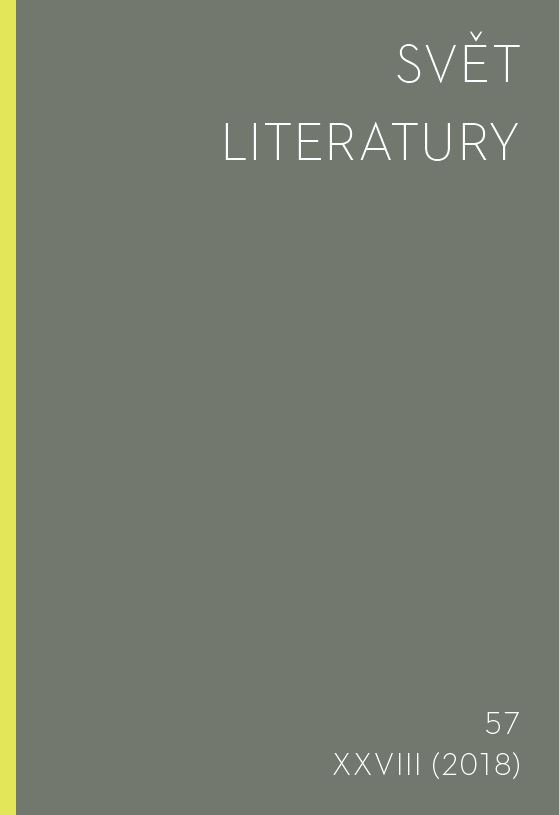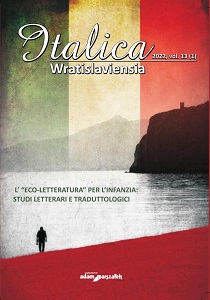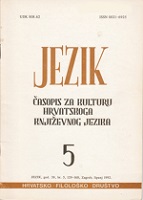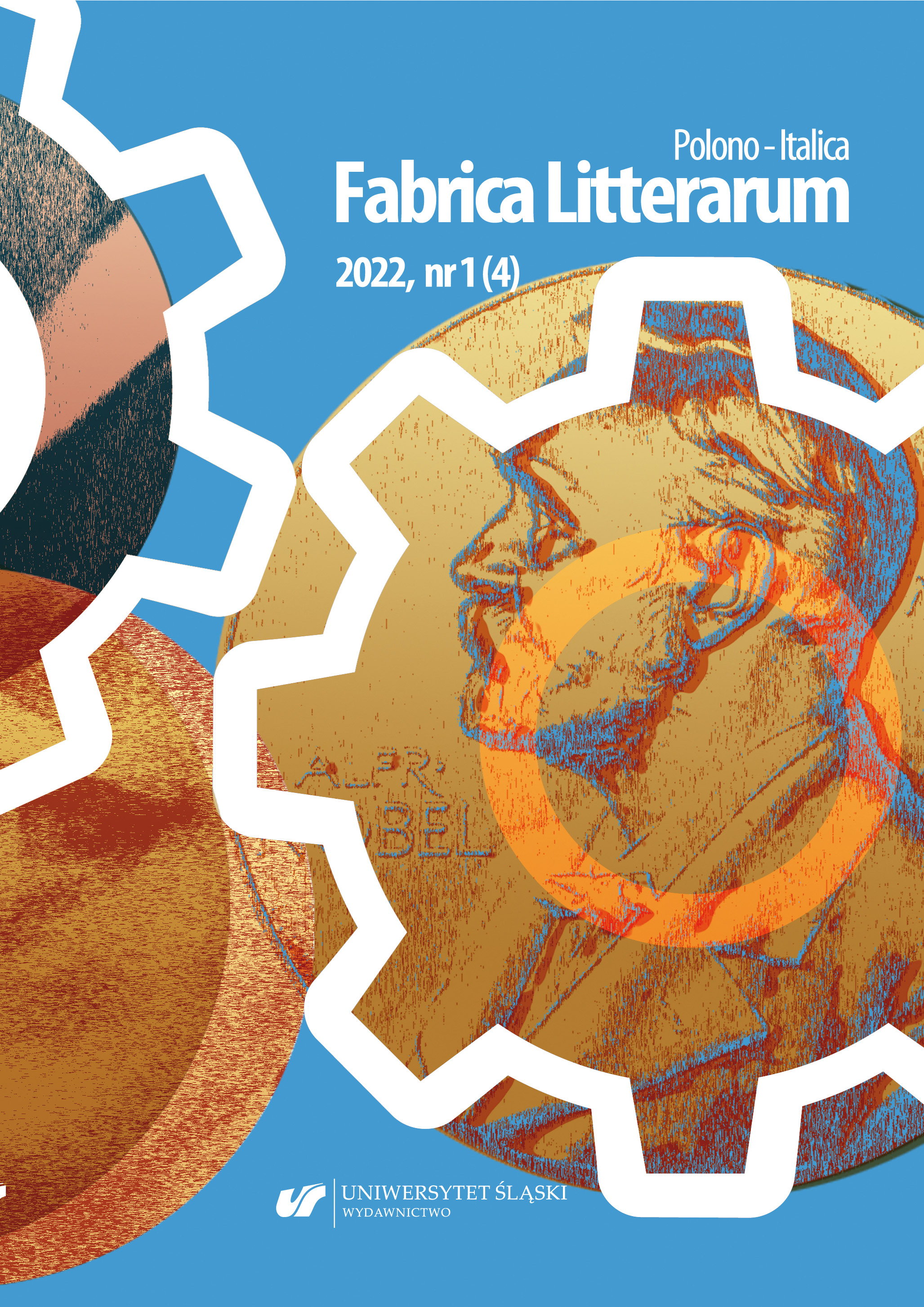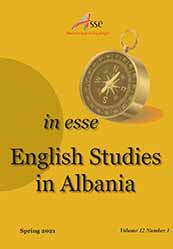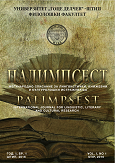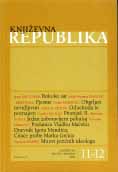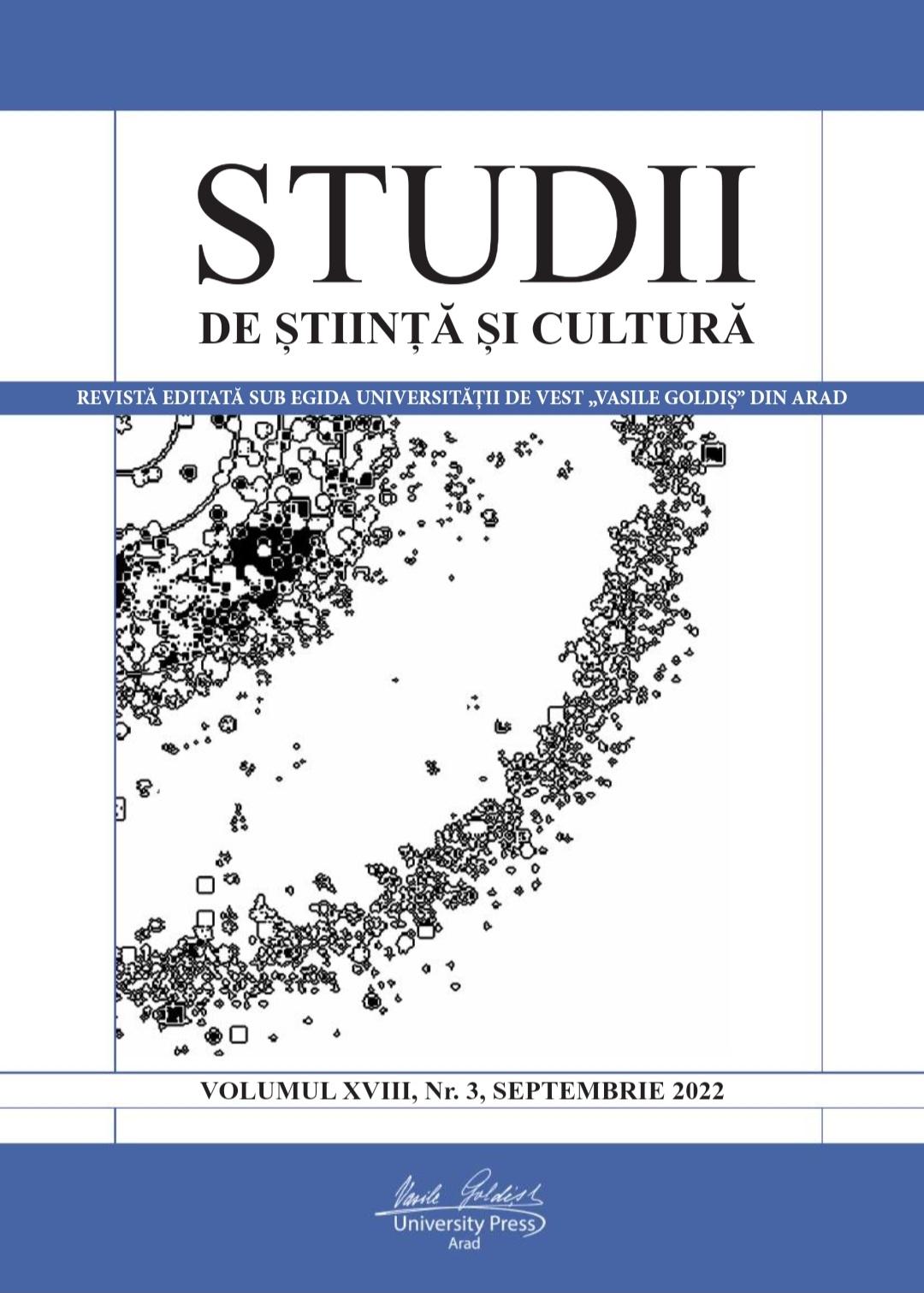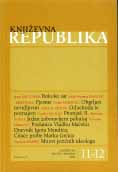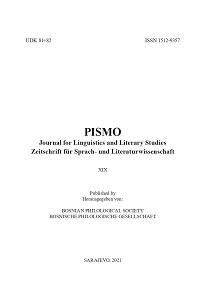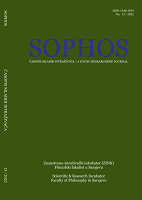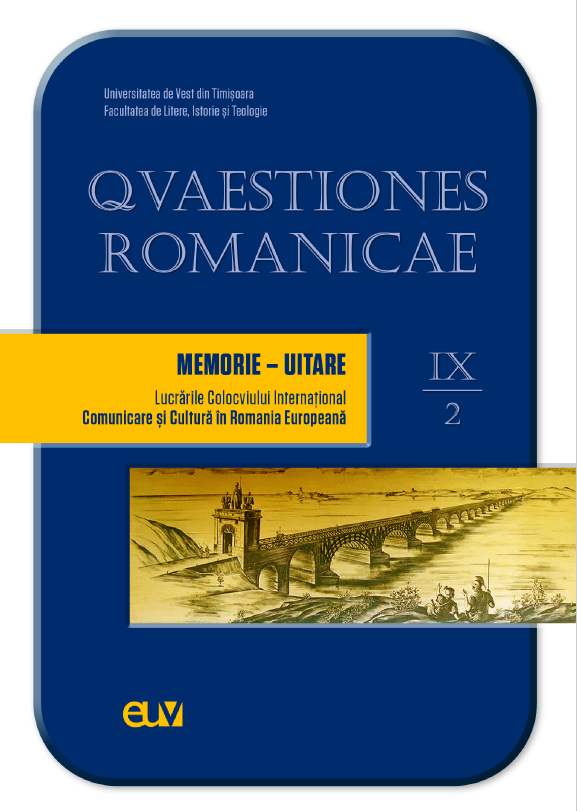Author(s): Mirza Mejdanija / Language(s): Bosnian
Issue: 19/2021
Gabriele D’Annunzio strives to create an image of an extraordinary life, an original life, which recedes before the norms of ordinary existence. After realizing the weakness of the character of the esthete that he tried to realize in the novel The Child of Pleasure, he adopts certain aspects of Nietzsche’s thought, trivializing them and limiting them into his own system of concepts. His new literary character, a superman, aggressive, energetic, and vigorous, does not deny the previous image of the esthete, but sums it up in himself, assigning it a different role. The cult of beauty is essential in the process of raising the lineage in the form of a few chosen ones: in that way, aestheticism is not a contemptuous rejection of reality, but an instrument of the desire for its domination. The protagonist of The Maidens of the Rocks, Claudio Cantelmo, wants to transform the ideal wealth of the lineage into one son, who will be a superman, with whom the Latin line will reach the pinnacle of his sublimity, and at the same time, become the new king of Rome. As a result, he sets out in search of the ideal companion who possesses his identical ideal wealth of lineage, with whom he will create a successor to whom he will entrust the struggle for the restoration of the old Italian glory. The end of the novel does not lead to the realization of this plan, it is very possible that the author intended to write about it later in the next novel, since he planned to write a cycle of The Romances of the Lily that would contain two more novels. In any case, D’Annunzio seeks to glorify the joy of living, the desire for power, the spirit of struggle and self-affirmation through his own version of the myth of the superman, and rises to attack democracy and the equalizing principles advocated by the new united state and its parliamentarism, as well as business and speculative spirit. He wishes for the emergence of a new aristocracy that will rise above the multitude of ordinary people through the cult of the beautiful and through the practice of an active and heroic life.
More...
